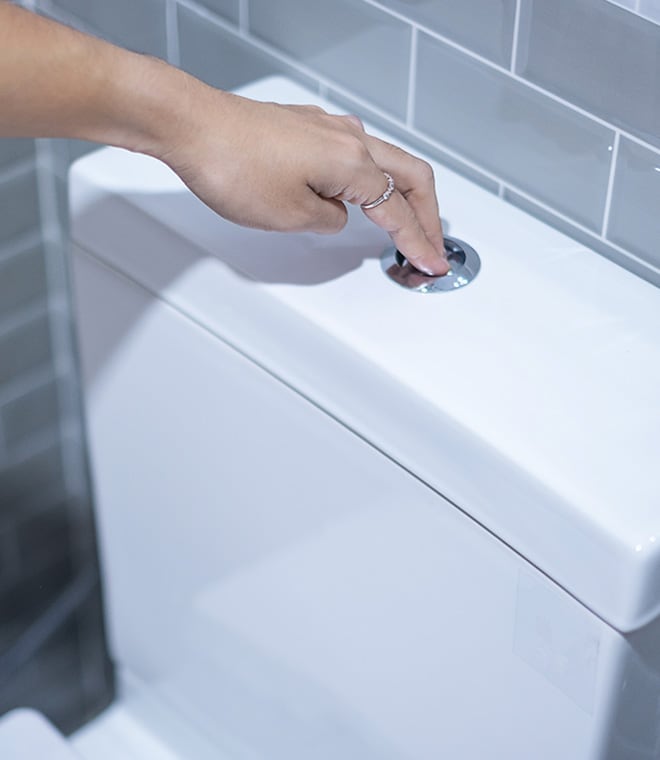Health
How do you get rid of a UTI?
By Sadie Crouch, RN, BSN Jan 09, 2025 • 3 min
Urinary tract infections (UTIs) are usually easily treatable. Treatment depends on several factors, including your health history and the bacteria causing the infection. Getting rid of a UTI on your own is not recommended. While many blogs discuss home remedies and treatment myths, it is important to get a proper diagnosis and treatment from your healthcare provider when looking for relief from a UTI. This can help ensure a positive outcome and prevent complications.
What medications treat UTIs?
Antibiotics are usually the first-line treatment for UTIs. Antibiotics work by either killing certain bacteria or making it difficult for bacteria to grow. Some common antibiotics prescribed for UTIs include:
- Trimethoprim/sulfamethoxazole (Bactrim, Bactrim DS)
- Fosfomycin (Monurol)
- Nitrofurantoin (Macrobid, Macrodantin, Furadantin )
- Cephalexin
- Ceftriaxone
- It is important to take antibiotics exactly as prescribed in order for them to work effectively.
There are no over-the-counter antibiotics for UTIs. Some over-the-counter medications are advertised as providing relief from a UTI, and they can help with some of the symptoms that accompany UTIs, such as pain and burning while urinating. However, these UTI medicines will not make an infection go away. Over-the-counter UTI medicine should not be taken instead of antibiotics, which must be prescribed by a healthcare provider. Delaying proper urinary tract infection treatment can result in complications, such as an infection traveling from the bladder into the kidneys.
Are there home remedies for a UTI?
There are several home remedies for a UTI to possibly help prevent recurrent infections. One of the most popular is drinking cranberry juice. While there is little harm in doing so, research on the ability of cranberry to prevent a UTI is not conclusive or complete.
Other interventions to help prevent further infections—or help avoid a UTI in the first place—are to stay well hydrated, urinate after sexual activity, and avoid douching or sprays in the genital area. Females should wipe front to back after using the toilet.
When should I contact my healthcare provider if I think I have a UTI?
You should contact your healthcare provider right away if you think you have a UTI. Some of the symptoms that may indicate a potential UTI include:
- Blood in the urine
- Cramping while urinating
- Frequently feeling the need to pee
- Frequent urination
- Pain or burning while peeing
Always talk to your healthcare provider if you are experiencing any symptoms that point to a UTI. They will be able to prescribe antibiotics and advise you on UTI pain relief treatments that are shown to be safe and effective.
Updated January 2025.
Sources:
- https://www.cdc.gov/antibiotic-use/data-research/facts-stats/index.html
- https://www.mayoclinic.org/diseases-conditions/urinary-tract-infection/diagnosis-treatment/drc-20353453
- https://www.cdc.gov/uti/about/index.html
- https://www.uchicagomedicine.org/forefront/womens-health-articles/what-you-should-know-about-urinary-tract-infections




